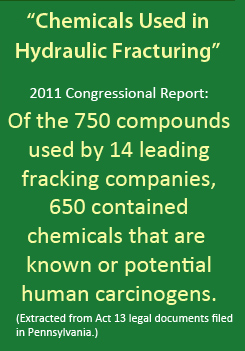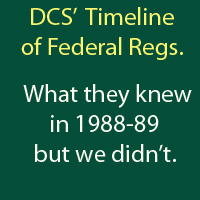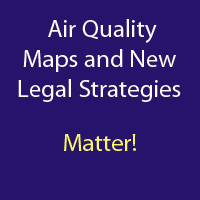Dallas doctor gets no answers on frack fluid ingredients.
(Gas Vets note: Courts and corporations have more importance than the public health…)
After his failed attempts to fight the state’s oil and gas law in court, Alfonso Rodriguez, M.D., is ready to sign a nondisclosure form to view a full list of ingredients in hydraulic fracturing fluid. If only someone could tell him where to find it. Read more at the Hazleton Standard Speaker…..







